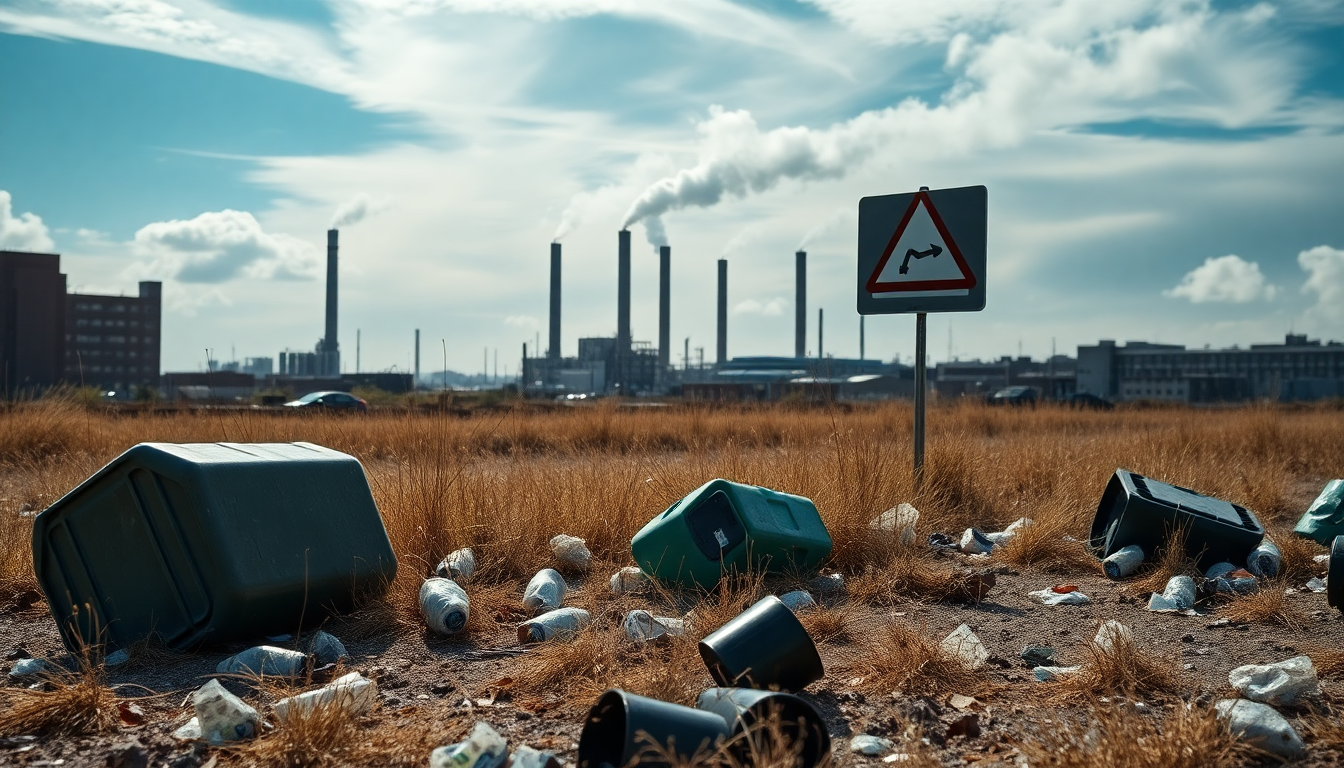Table of Contents
In recent years, the issue of environmental racism has garnered significant attention, shining a light on the systemic inequalities that marginalized communities face regarding environmental hazards. Right now, in Nova Scotia, the provincial government is under scrutiny from opposition parties for its decision to keep a year-old report on this crucial issue hidden from the public eye. As concerns grow, the call for transparency has never been more urgent. Why is it so important to shine a light on these findings?
The Context of Environmental Racism in Nova Scotia
So, what exactly is environmental racism? It refers to the disproportionate impact of environmental hazards on marginalized communities, especially racialized groups and Indigenous populations. In Nova Scotia, this issue is evident in the placement of hazardous facilities—think landfills and toxic waste sites—near these vulnerable communities. The report that has sparked this controversy was commissioned by a panel set up to explore how racism affects environmental policies and practices in the province.
According to government officials, this report was finalized over a year ago by an expert panel that included community leaders with expertise in Mi’kmaw and African Nova Scotian history, law, health, and environmental sciences. Even though the report is ready, the government has chosen to keep its findings under wraps, claiming they need to consult with the panel before making any information public. But is this really the best course of action?
Critics are pushing back hard, arguing that this delay is downright unacceptable, especially given the urgent nature of the findings concerning environmental racism. The panel was established following an amendment proposed by the NDP during climate change legislation discussions, which aimed to address the historical injustices faced by these communities. The reluctance to release the report has led to accusations that the government is trying to dodge accountability for its past decisions. What does that say about their commitment to justice?
Political Reactions and Calls for Transparency
The response from opposition leaders has been swift and pointed. NDP Leader Claudia Chender expressed her confusion over the government’s choice to withhold the report, hinting that they might be worried about the implications of its contents. She stated, “I think they probably don’t like what it says,” calling for the government to confront its legacy of environmental injustices. Can we afford to ignore the truth?
Liberal member Derek Mombourquette echoed these sentiments, labeling the decision to keep the report secret as “shameful.” He highlighted specific environmental challenges faced by his constituency, referencing the historical pollution issues in places like the Sydney tar ponds. Mombourquette is demanding the immediate release of the report, questioning why the government insists on consulting with the panel first. Isn’t it time for the people to know the truth?
Amidst this political discourse, Premier Tim Houston has been somewhat evasive, choosing instead to emphasize that the report will inform public policy. His statements suggest that while he acknowledges the importance of the report, he remains cautious about its public release, indicating that discussions with the panel are a priority. Is this a sign of hesitation or a genuine concern for the communities affected?
The Importance of Public Accountability
The reluctance to disclose the findings of the environmental racism report raises serious questions about accountability and government transparency. For communities that have historically faced environmental injustices, having access to this information isn’t just a matter of public interest; it’s a crucial step toward rectifying long-standing disparities. Why shouldn’t these communities have a voice in matters that directly affect their health and environment?
The ongoing debate underscores the need for an open dialogue regarding environmental policies and their impact on marginalized communities. As Nova Scotians continue to advocate for transparency, the pressure mounts on the government to take responsibility and act on the recommendations that may emerge from the report. Will they rise to the occasion?
Ultimately, the release of this report could mark a pivotal moment for environmental justice in Nova Scotia. It represents an opportunity for the government to demonstrate its commitment to equity and to acknowledge the voices of those who have been historically marginalized. As discussions unfold, there’s hope that transparency will prevail, paving the way for informed public discourse and meaningful action against environmental racism. Are we ready to finally confront these issues head-on?


